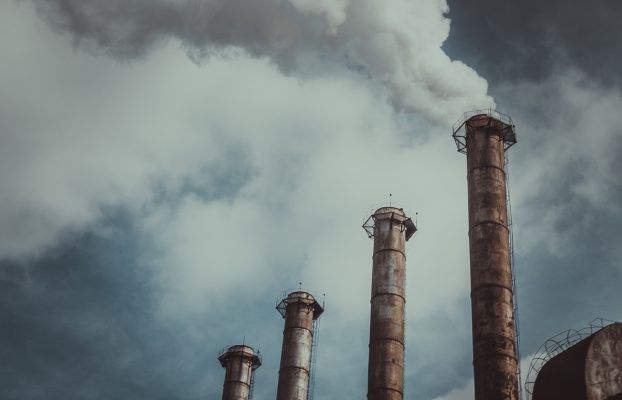Glyoxal
In the constant search for multifunctional and sustainable solutions, glyoxal emerges as an intriguing chemical compound that not only plays an essential role in water treatment but also stands out in other industries.
Glyoxal (CAS 107-22-2) is an organic chemical compound with the molecular formula C2H2O2. It is classified as a dialdehyde because it contains two aldehyde groups (-CHO). This compound is liquid at room temperature and naturally occurs in small amounts in some fruits and other food products. However, in industrial applications, glyoxal is primarily produced synthetically.
Reactivity: Glyoxal is a reducing agent and can react with compounds susceptible to reduction. It can also act as an oxidizing agent under certain conditions.
Polymer Formation: Glyoxal has the ability to form polymers, making it useful in the manufacture of resins and intermediate chemicals.
Disinfectant: Due to its biocidal properties, glyoxal is used in water treatment to disinfect and eliminate microorganisms.
Preservative: In the food industry, glyoxal is used as a preservative to extend the shelf life of certain foods.
Stability: Although glyoxal is relatively stable, it can undergo polymerization under specific conditions.
Water Disinfection: Glyoxal acts as a disinfectant in water treatment, helping to eliminate microorganisms and ensuring the safety of drinking water supplies.
Removal of Chemical Contaminants: As an oxidizing agent, glyoxal can contribute to the removal of chemical contaminants from water, thereby improving water quality in terms of purity and potability.
Production of Resins and Polymers: Glyoxal is used in the manufacture of resins and polymers, contributing to the production of materials with specific properties such as strength and durability.
Antimicrobial Properties: In textile applications, glyoxal is used to improve the resistance and durability of fabrics by acting as an antimicrobial and antifungal agent.
Applications in the Chemical Industry: Glyoxal is a valuable component in the synthesis of various chemicals and organic compounds, broadening its utility in the chemical industry.
Uses of glyoxal
Glyoxal is used in the paper industry primarily as a cross-linking and hardening agent. Its application improves the physical properties of paper, resulting in higher quality products with specific characteristics desired for different uses.

Our glyoxal for the paper industry
Glyoxal 40%
Contact our Paper team
Glyoxal is a dialdehyde that is used in the leather tanning industry due to its properties as a cross-linking agent. Its use in this context has several advantages, especially in the production of chrome-free leathers.

Our glyoxal for tanning
Glyoxal 40%
Contact our Tanning team
In the textile industry, glyoxal is used to impart wrinkle resistance, enhance wash durability of textiles, help maintain color intensity, increase textile fiber moisture resistance, control microbial growth and unpleasant odors, and improve ink and special print adhesion.

Our glyoxal for the textile industry
Glyoxal 40%
Contact our Textile Industry team
Microbial Contamination Prevention: Glyoxal has proven to be effective in inhibiting various microorganisms, making it a valuable component in the formulation of disinfectants. Its ability to combat bacteria and viruses positions it as a key tool in the formulation of this kind of product.

Our glyoxal for disinfection
Glyoxal 40%
Contact our Disinfection team
Consult our News Post Trends
On our blog you will find articles about our products and industries






